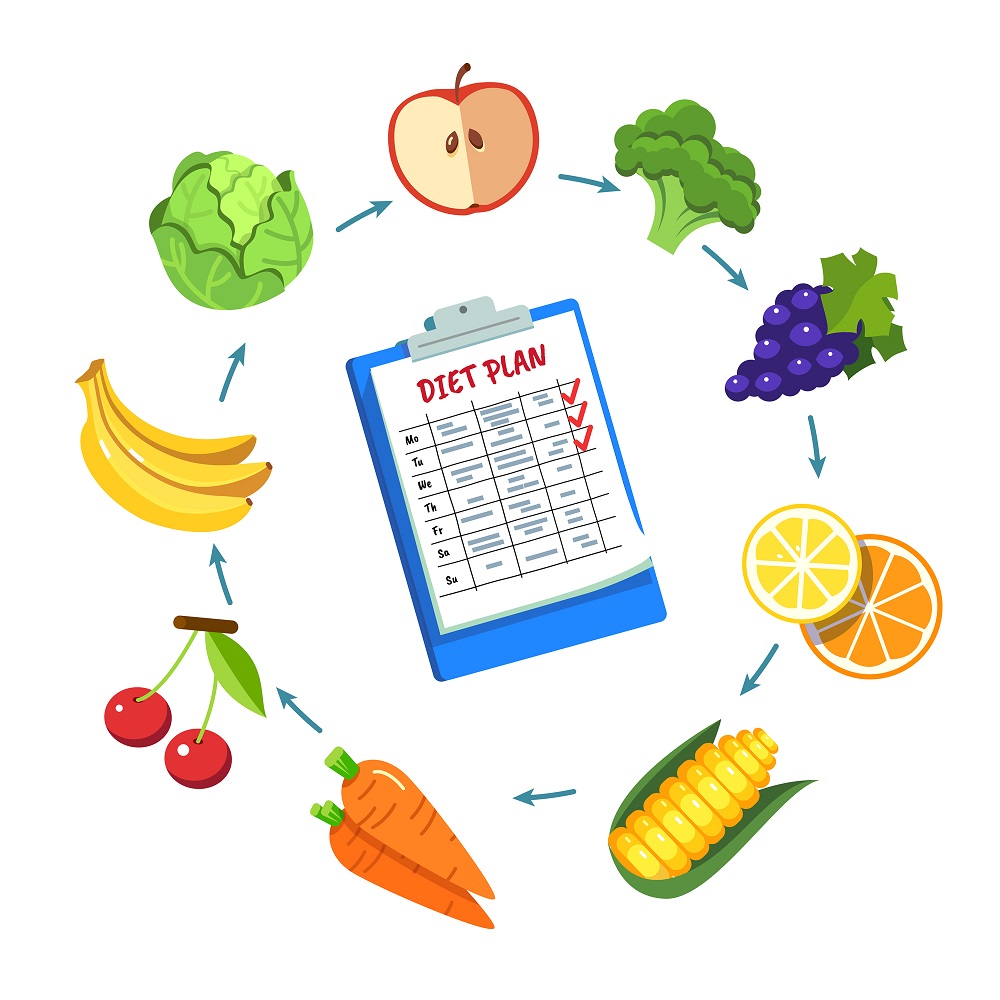Maintaining urological health is crucial for overall well-being, and diet plays a significant role in achieving this. The urinary system, comprising the kidneys, bladder, ureters, and urethra, is responsible for filtering waste products from the blood, regulating electrolytes, and producing urine.
A balanced diet can support these functions and prevent various urological issues such as kidney stones, urinary tract infections (UTIs), and bladder problems.
- Hydration: Adequate hydration is fundamental for urological health. Water helps flush out toxins and prevents the concentration of minerals that can lead to kidney stones. Aim for at least 8 glasses (about 2 liters) of water per day, adjusting based on activity level and climate.
- Controlled Sodium Intake: High sodium levels can contribute to hypertension and kidney damage over time. It’s essential to moderate salt intake to reduce the risk of kidney stones and maintain healthy blood pressure levels.
- Balanced Diet: A diet rich in fruits, vegetables, whole grains, lean proteins, and healthy fats provides essential nutrients and antioxidants. These nutrients support kidney function and overall urinary tract health.
- Limit Oxalate-rich Foods: Oxalates can contribute to the formation of kidney stones in susceptible individuals. Foods high in oxalates include spinach, rhubarb, nuts, and certain berries. While these foods are nutritious, moderation is key for those prone to kidney stones.
- Healthy Weight Management: Obesity is linked to an increased risk of kidney stones and urinary tract infections. A balanced diet and regular exercise can help maintain a healthy weight and reduce these risks.
- Protein Moderation: Diets excessively high in animal protein can stress the kidneys. Balancing protein sources with plant-based options like beans, lentils, and tofu can support kidney function without overloading it.
- Limit Sugar and Refined Carbohydrates: Diets high in sugar and refined carbohydrates can contribute to obesity and diabetes, both of which increase the risk of kidney disease. Opt for whole grains and natural sweeteners like honey or maple syrup in moderation.
- Moderate Caffeine and Alcohol: Both caffeine and alcohol can irritate the bladder and increase urine production. Moderation is key, especially if you are prone to bladder issues or urinary incontinence.
- Vitamins and Minerals: Adequate intake of vitamins and minerals such as calcium, magnesium, and vitamin B6 is essential for preventing kidney stones and supporting overall urinary tract health. Consult with a healthcare provider to determine appropriate levels for your diet.
- Special Considerations: Individuals with specific urological conditions such as interstitial cystitis may benefit from avoiding potential trigger foods like spicy dishes, acidic foods, and artificial sweeteners.
In conclusion, a balanced and varied diet plays a vital role in maintaining urological health by supporting kidney function, preventing urinary tract infections, and reducing the risk of kidney stones. Alongside diet, maintaining a healthy lifestyle that includes regular exercise, adequate sleep, and stress management further enhances overall urological well-being. Consulting with a healthcare professional or a registered dietitian can provide personalized guidance based on individual health needs and goals.





Comments